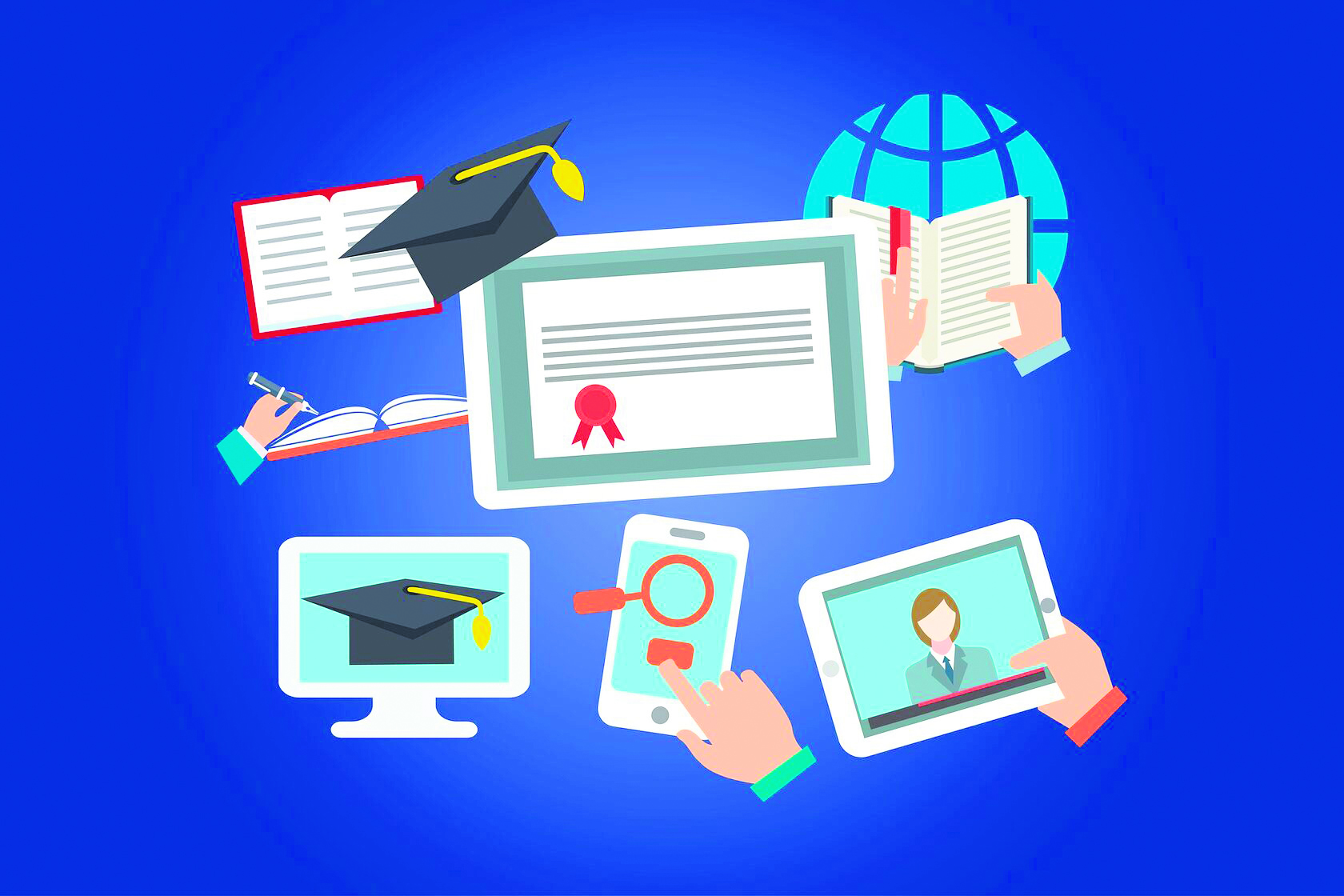
The education industry has experienced significant transformation in recent times. Children are now educated in completely different ways than they were a few decades ago. How knowledge is conveyed and received has altered dramatically as a result of technological advancements. With the advent of cutting-edge flipped classroom models and self-directed study, teaching methods have entirely evolved, and even students are unsure of what lies ahead for them. Furthermore, due to its many benefits, digital learning is quickly taking the place of traditional classroom instruction. According to Markets And Markets, with a compound annual growth rate of roughly 13.4%, the ed-tech and smart classroom market is projected to be worth $125.3 billion in 2027. Without a doubt, technology has taken center stage in educational innovation, and it will continue to have a significant impact on education in the future. However, special education is one field where this change is exceptionally noticeable. Therefore, edtech is more than just an upgrade; it is an instrument for empowering students with various learning requirements.
Here’s a look at how technology is enabling innovative teaching strategies that are changing the special education landscape-
Improved Collaboration and Communication
The use of technology has brought about a new era of collaboration in the special education field. The integration of online discussion forums, video conferencing tools, and collaboration platforms has become crucial in promoting seamless interaction between educators, parents, and students. Thus, with the help of these technological developments, students can collaborate on group projects from a distance, participate in individualized virtual classrooms, and get feedback immediately. This fits with the revolutionary impact caused by edtech in redefining special education by improving their learning experience and fostering a sense of community.
Augmented Reality (AR) and Virtual Reality (VR)
The immersive and engaging learning experiences provided by AR and VR have revolutionized the educational landscape. As students interact with 3D settings, technological advancements make learning fun and offer a more fascinating way for students to explore the world. Teachers benefit by designing engaging lessons and adjusting virtual environments to meet the requirements of their students. These innovations improve the teaching environment and provide customized stimulation in the context of special education. Hence, it is impossible to ignore the significant influence that new technologies will have on redefining special education through innovative teaching techniques as they become more widely used.
Gamification
There is no denying that gaming is deeply embedded in many facets of education, and a discussion about EdTech advances in 2024 would be incomplete without addressing gamification. This trend is already visible across academic areas. Teachers are beginning to see gaming as an effective teaching and learning resource. Thus, gamification’s profound impact coincides with EdTech’s revolutionary wave, which redefines special education through innovative teaching approaches. This includes both integrating games into courses and enabling students to collaboratively create their own.
Personalized Learning
EdTech’s ability to personalize learning experiences is one of its main advantages; this is especially true in special education. Traditional classrooms struggle to fulfill the needs of a diverse student body. With the help of edtech tools, teachers may effectively assess each student’s learning preferences, areas of strength and weakness, and subject preferences. Thus, students in special education advance at their own speed thanks to adaptive learning algorithms, which promote a thorough understanding of the material and demonstrate the transforming power of innovative teaching techniques.
Empowering Special Education through Cutting-Edge Teaching Methods!
Technology’s influence on special education is especially noticeable as it continues to change the face of education. Edtech is a driving force behind the empowerment of students with a range of learning demands, from enhanced collaboration and the incorporation of AR and VR to the gamification of learning and customized educational experiences. Hence, there is no denying the revolutionary path toward inclusive and cutting-edge special education instruction.
The author is a CEO of Birla Brainiacs